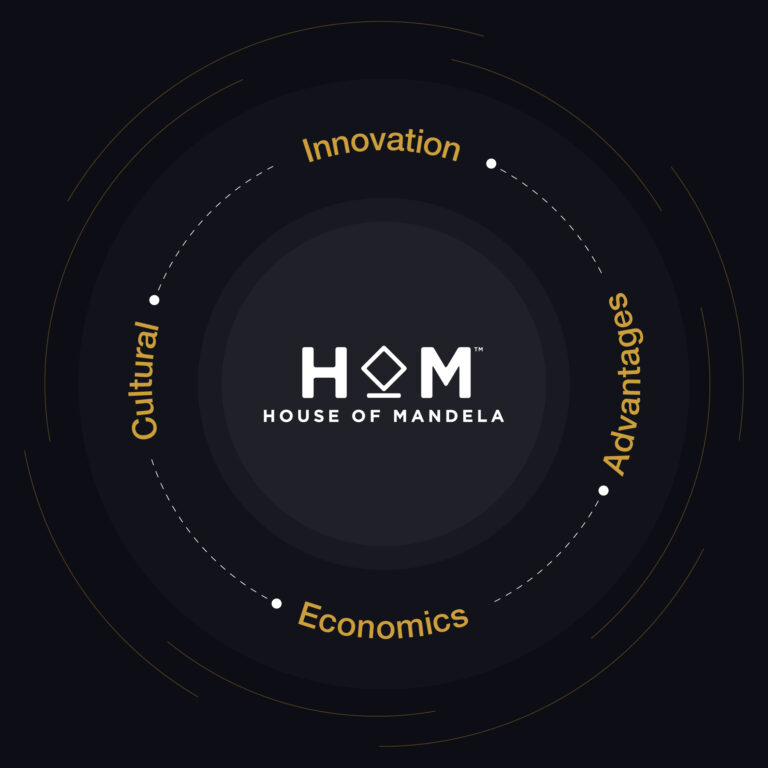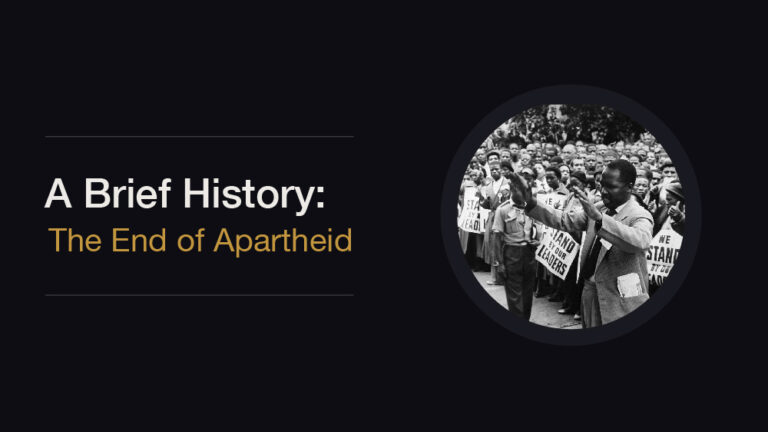South Africa has a rich and complex history, shaped by years of colonization, apartheid, and political transformation. Let’s explore the major events that have marked South Africa’s recent history, starting from the end of apartheid.
The End of Apartheid
Apartheid was a system of institutionalized racial segregation enforced by the South African government from 1948 until 1994. It divided South Africans into racial groups and enforced strict laws preventing people from mixing across racial lines. The system was met with widespread opposition within South Africa and internationally.
In 1990, Nelson Mandela was released from prison after serving 27 years for his involvement in the anti-apartheid movement. This was a pivotal moment in South Africa’s history, as it marked the beginning of a new era of democracy and freedom. Mandela became the first black president of South Africa in 1994 after the first democratic elections were held.
Post-Apartheid South Africa
After the end of apartheid, South Africa faced several challenges as it sought to build a new society based on equality, justice, and reconciliation. One of the most pressing issues was the deep economic divide between white and black South Africans. Most black South Africans were poor and lacked access to basic services, while white South Africans enjoyed a high standard of living.
The new government under Nelson Mandela implemented various policies to address these inequalities. This included affirmative action programs to increase the representation of black South Africans in government and business, as well as programs to provide housing, education, and healthcare to the poor.
South Africa in the 21st Century
Since the end of apartheid, South Africa has made significant progress in political and social transformation. However, the country still faces several challenges.
One of the most pressing issues is the high levels of crime and violence, which are often linked to poverty, unemployment, and inequality. The government has implemented a range of measures to address these issues, including increasing police presence in high-crime areas and launching social programs to reduce poverty and unemployment.
Another major challenge is corruption, a persistent problem in South Africa’s government and business sectors. This has led to public distrust of the government and has hindered the country’s economic development.
Despite these challenges, South Africa remains a vibrant and diverse country with a rich cultural heritage and a dynamic economy. The country has a bright future, and with continued investment in education, healthcare, and infrastructure, it has the potential to become a leading economic and political force in Africa and beyond.
Conclusion
The history of South Africa is one of struggle, resilience, and transformation. From the end of apartheid to the present day, the country has faced numerous challenges, but it has also made significant progress in political and social transformation. Today, South Africa is a thriving democracy with a diverse economy and a rich cultural heritage. The country’s future looks bright, and with continued investment in its people and infrastructure, it has the potential to become a global leader in the 21st century.
To learn more, visit www.houseofmandelatoken.com to see how the Mandela family continues to make a difference!



